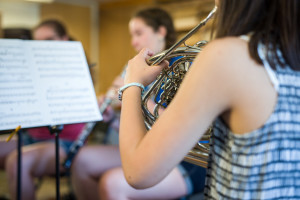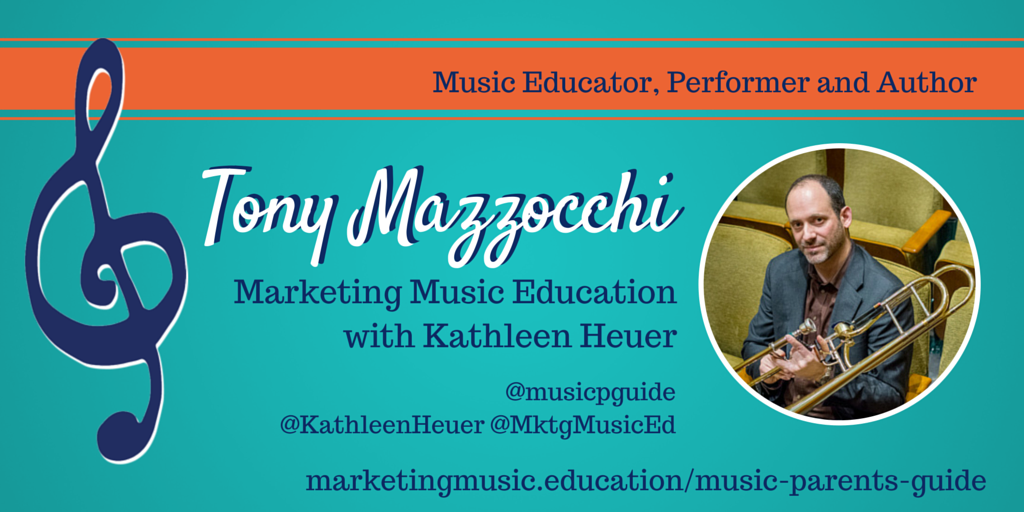 There have been more studies of the brain completed in the past twenty years than perhaps the past 200 years combined. We all have more access to knowledge about how humans learn that we have ever had before. These brain studies have shown us many things, including how children learn in different ways, how learning changes physical brain structure, and that “talent” as we know it is generally learned and developed — not inborn and inherent.
There have been more studies of the brain completed in the past twenty years than perhaps the past 200 years combined. We all have more access to knowledge about how humans learn that we have ever had before. These brain studies have shown us many things, including how children learn in different ways, how learning changes physical brain structure, and that “talent” as we know it is generally learned and developed — not inborn and inherent.
Yet our public school schedules and offerings have remain unchanged, for the most part, for decades.
As far as school subject offerings are concerned, an abundance of research continues to show that arts education has a profound effect on a child’s life, both within and beyond school walls. But here is the rub: Some of the most crucial life skills that studying music imparts on a child is not quantified and reflected on the current iteration of local and state report cards — therefore, science has been all but ignored by legislators and administrators.
Regardless of the many reasons to study art for arts’ sake, brain research (and the subsequent data from it) should be more than enough to ensure that the arts are not only offered in their unfettered forms, but are infused into every nook and cranny of school curricula.
Here are three vital human characteristics that research of the brain has shown music provides all students in their school day:
A strong sense of empathy. A quick glance at the news will show you all the reasons why it’s imperative our children develop their capacity for empathy; they must develop empathy if they are to thrive in family life, at school, and later, in the workforce. We know now that great leaders have a high level of emotional intelligence, which is built upon a strong sense of empathy. Attaching emotion to words and music and picking up nuances of speech and sound is a key element of empathy and emotional intelligence. Students in a musical ensemble collaborate in unique and profound ways, and connect with each other on an emotional level. Where else does a child have a chance to develop this sense in school?
Health, discipline, and grit. Besides attaining proficiency in reading, writing, and math, education systems should exist to develop far more than that in our children, yet we have dropped our compass during our current obsession with accountability only through metrics (grades). The more our Boards of Education and administrators lose their way in this regard, the more our communities must remind the system of what is truly important for human development. Research is proving that studying music brings children life-long health benefits, specifically in regards to cognitive function. Even though I believe we are stunting our children’s growth by insisting they sit and “pay attention” for longer periods of time than is healthy, we know that children learn to sustain their attention for longer periods through music study.
In our instant-gratification world, developing discipline and patience is more important than ever before. Developing discipline through arts engagement is more fun and rewarding over time than other academic endeavors. Although all subjects are important, the idea of “cross-training” the brain to develop various habits of mind should be a crucial charge of public education, in my opinion. Scientific study is supporting what music educators have known all along: learning a discipline and developing skills over time enhances children’s brains.
We need to teach our children that working harder and smarter is something they can control — and music consistently gives them rewarding feedback through sound as to how they are doing. While education reform will hopefully catch up with the old yet often-neglected idea of cultivating grit, music education has been providing children the opportunity to develop it for ages — and every school in our nation must embrace music education in its curricula for music’s beauty and its benefits in this regard.
Closing the Achievement Gap. The more neuroscientists continue to conclude that learning music has a unique role in brain development, the more schools must experiment with their schedules at the Pre K-5 level to incorporate it daily — not only once a week. Instead of mandating two-hour “blocks” of math and English Language Arts for struggling students, schools could utilize daily music instruction to improve cognitive function and track the resulting data over the course of four to five years. We have tried it the “other” way — when will we choose a different route to brain development that is rich in the arts?
The beauty and power of music instruction for all students at the Pre K-12 level is proving to be more real every day. This is not made up lip service — it has been, and continues to be, proven by brain research. Just because administrators and school leaders may not have grown up enjoying all the arts had to offer does not mean it will not deeply benefit our current generation and should therefore be ignored.
It’s time for our schools to embrace neuroscience and music education in order for our children to grow up to become beautiful humans with better functioning brains.








This is great, I believe that everyone should have a relaxed state of mind while studying. although oddly enough some people can’t study with noise. There’s also people with disabilities that make it hard to study unless they are in a personally customized environment that relaxes them like myself with my autism. Music has helped me study tremendously and this is exactly what needs to be incorporated into schools for nourishing future minds.
If only the people who make the decisions at the upper levels would pay attention and move from the fixation on the Three Rs.
I fully support this article. I can personally attest to developing increased discipline and grit through my musical practice. I would be wrong not to credit my school’s musical program.